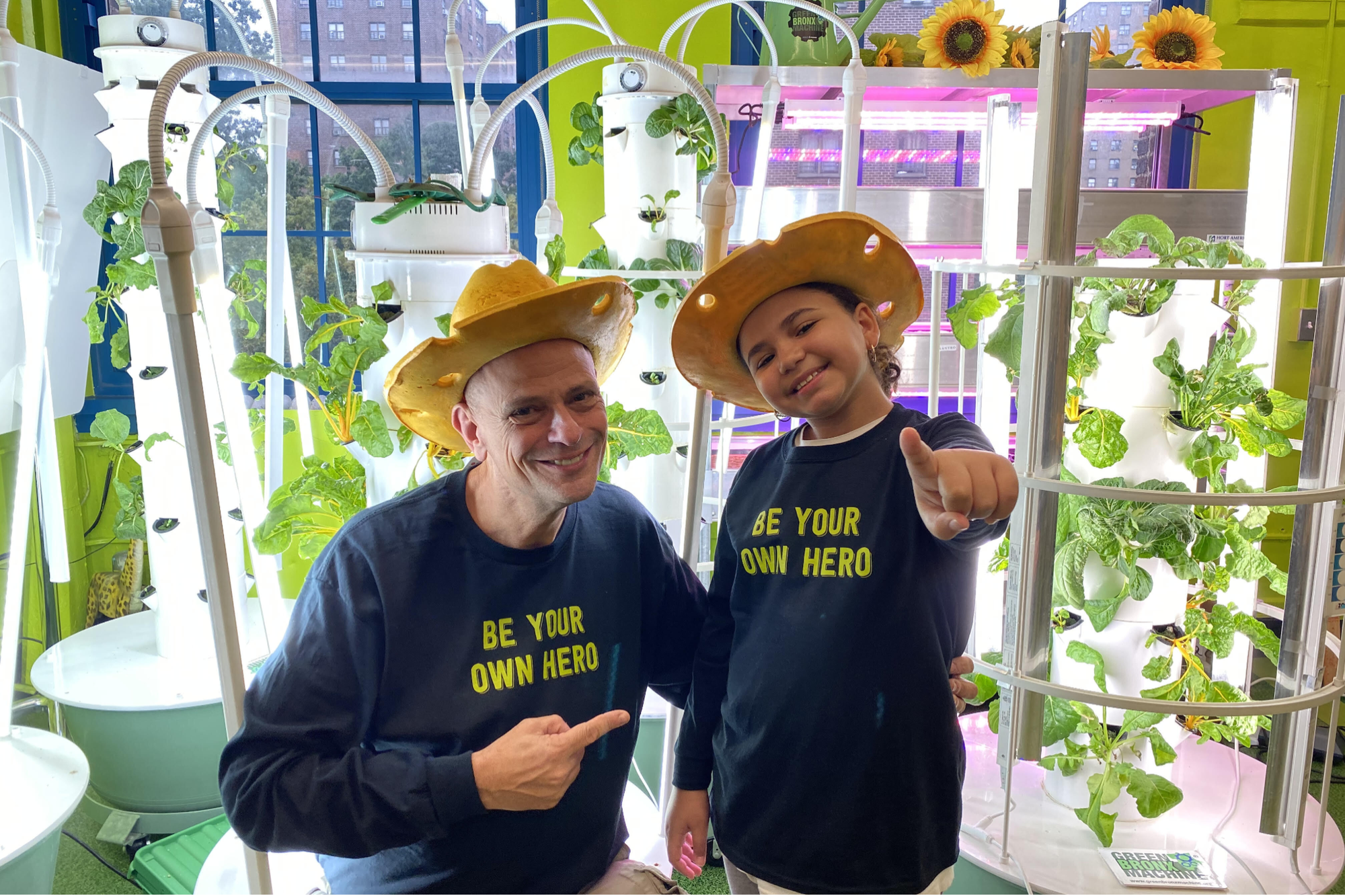"We Got Funded!" With A Mission To Transform The MENA's Foodtech Supply Chain, KSA-Based Nomu Raises US$5 Million In A Seed Funding Round Nomu is a supply chain platform that aims to efficiently provide storage and delivery services to regional F&B establishments using technologically advanced tools.
By Gina Bagnulo
You're reading BIZ Experiences Middle East, an international franchise of BIZ Experiences Media.

Nomu, a Saudi Arabia-based foodtech supply chain platform, has raised US$5 million in a seed round led by DIV Capital, a Beirut-based family finance office that provides personalized investment services, Purity for Information Technology, a Riyadh-based information technology services company, as well as Core Vision and Shurfah, two Saudi Arabia-based investment firms. The round also saw the participation of prominent family offices in KSA such as Altoukhi Family Office and Bakr Family Office, along with regional angel investors.
Established in 2022, Nomu is a business-to-business (B2B) tech startup that offers inventory sourcing, storage and delivery services to hotel, restaurant and cafe (HoReCa) businesses in the MENA region. The startup's underlying vision, however, is to transform the regional food and beverage (F&B) industry using tech-enabled tools.
The funds raised by Nomu are thus intended to be used to introduce financing solutions as well as a plethora of tech-enabled tools that will cater towards the region's HoReCa sector. "As we allocate new funding towards Nomu's geographical expansion, we're paying close attention to regional and international foodtech trends," Shehab Mokhtar, co-founder and CEO of Nomu, tells BIZ Experiences Middle East. "Our priority will be technology and product development by implementing an artificial intelligence for document automation (AIDA) ultimate assistant, a software-as-a-service (SaaS) solution, as well as an artificial intelligence (AI) assistant procurement chatbot. AIDA offers unique functions such as voice-activated ordering, order tracking and updates, and menu recommendations which align with the latest trends in the foodtech industry."

Shehab Mokhtar, co-founder and CEO , NOMU. Source: Nomu
To understand Nomu's operations, however, it is perhaps necessary to take a brief look at the main issues it aims to address. Mokhtar notes that there are five common restaurant-related hindrances his enterprise tackles head-on: food safety, supply chain mismanagement, labor shortages, logistics as well as inventory and procurement issues.
"People's health and safety is the responsibility of the food service industry since any mishandling, contamination, or reported foodborne illness can lead to severe consequences for both the people and the one who delivered the food," Mokhtar elaborates. "When it comes to supply chain costs management, it does not include only the cost of supplying food but also energy and fuel, workforce, and the cost of new technology. With labor shortage, worker numbers were expected to normalize post the COVID-19 pandemic, but that just didn't happen, contributing to difficulties in staffing levels and other problems. And, finally, in terms of logistics, inventory, and procurement, HoReCa and food providers encounter challenges when dealing with various parties for sourcing and storing goods under specific conditions. These challenges can increase the overall cost of product offerings to consumers, ultimately resulting in lower profit margins for food providers."
By addressing the aforementioned setbacks using tech such as SaaS and AI, Mokhtar believes his startup offers a holistic solution. "Nomu's role and contribution within the HoReCa and food providers ecosystem is to fulfill all the above challenges by offering a one-stop-shop solution," he says. "This solution covers all the inefficiencies, such as data availability, goods sourcing, organized delivery schedules, convenient cost management, storage services, and financing solutions with flexible credit terms. Our app relies on innovative technologies to smoothly assist our customers in focusing on their day-to-day operations and competing in the market with competitive prices."
Now, with new capital at its disposal, Mokhtar believes Nomu is poised for further regional growth in the months to come. "Nomu's long-term goal is to be the leader in the MENA region, empowering the F&B sector to be more efficient using innovative technologies," he says. "We aim to develop new products that reflect directly on the consumer and HoReCa ecosystem experience, implementing new strategies to reshape the F&B sector's production and distribution to another level of effectiveness."












